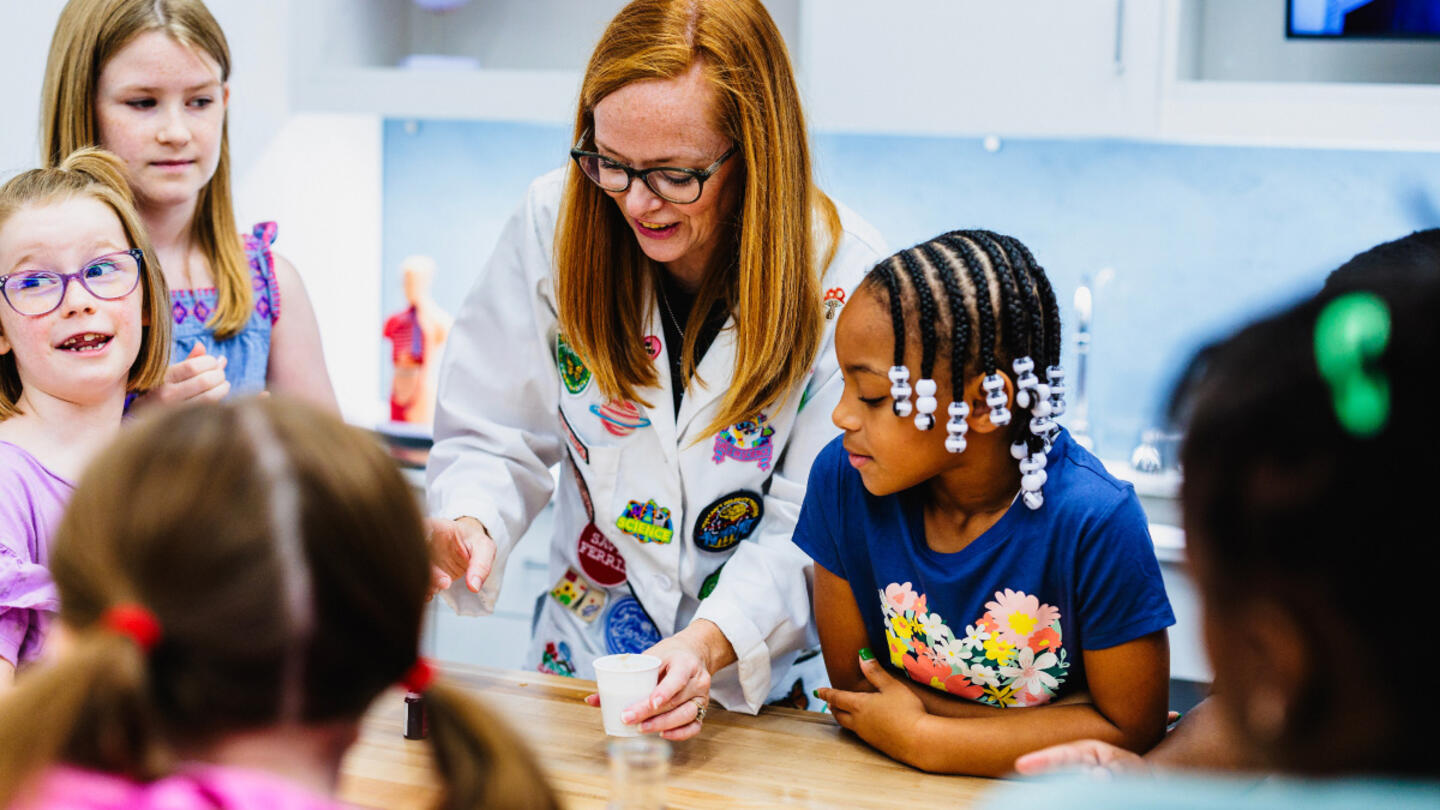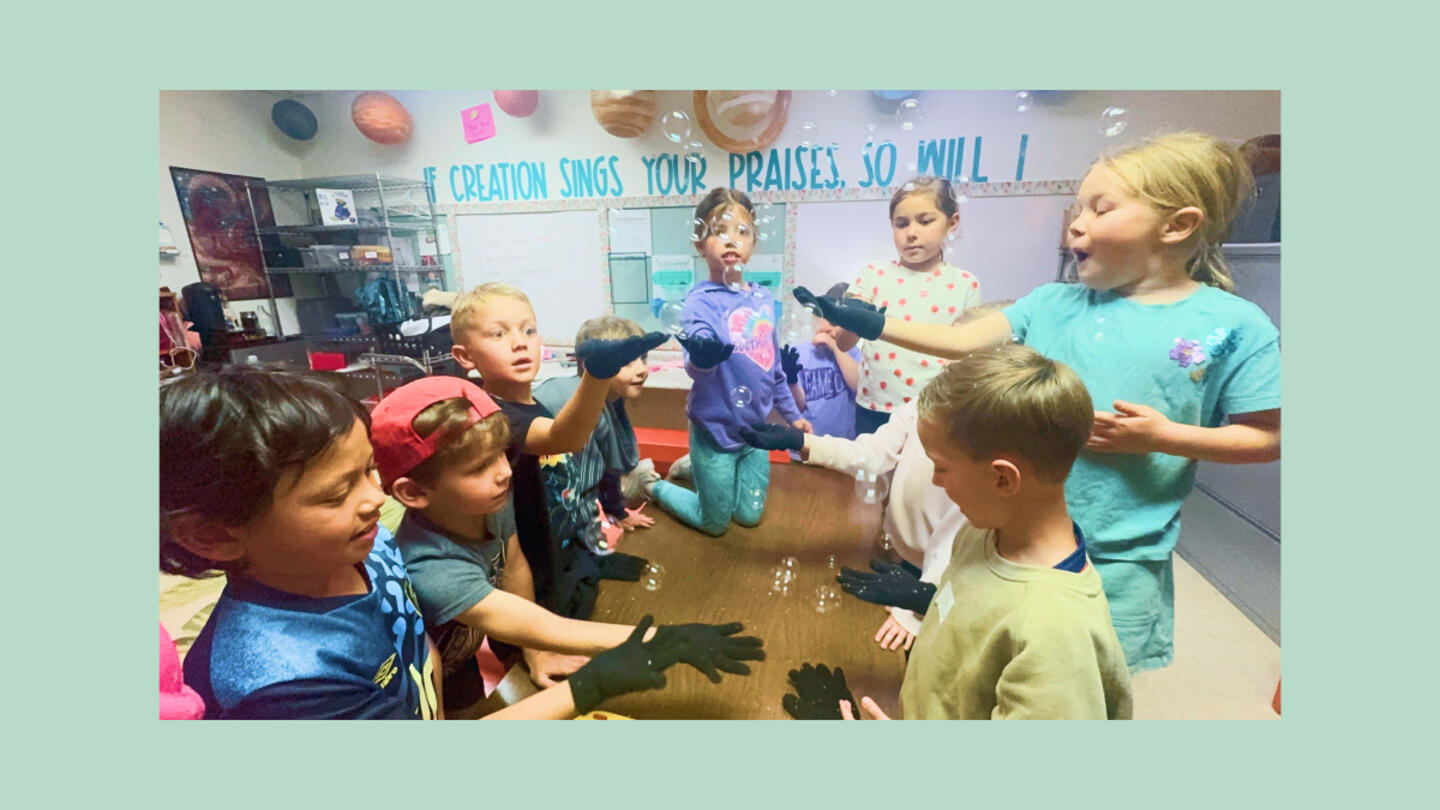More families are choosing homeschooling than ever before, transforming how education is approached and understood. So, what’s behind this growing trend?
At its core, the rise in homeschooling reflects a deeper commitment to timeless principles that fuel human progress, starting with a belief in each person’s dignity and capacity to grow.
Homeschooling offers freedom and flexibility for children’s unique needs and gifts. As part of broader school choice efforts, this bottom-up movement is improving quality and expanding education opportunities.
Here are the most compelling reasons why homeschooling is increasing:
1. Collaborative homeschooling: learning through community
Homeschooling today is about more than learning at home; it’s about building community.
Co-op homeschooling models are thriving, offering families the best of both worlds: the freedom to customize learning and the support of a collaborative network. Through co-ops, parents pool resources, share expertise, and provide rich social experiences for their kids.
These cooperative efforts give families access to innovative learning environments where creativity and individuality can flourish. It’s another powerful example of how people, when free to experiment and collaborate, find better ways to help each other thrive.
2. Personalized learning at its best
Homeschooling allows parents to tailor education to their child’s unique aptitudes and interests. Traditional classrooms often follow a one-size-fits-all model, which can ignore each student’s individual dignity and potential. By contrast, homeschooling gives families the agency to build around what each child needs to thrive.
For example, if your child is passionate about science, you can incorporate hands-on experiments or nature-based learning. This personalized approach helps children discover and develop their unique gifts through self-actualization, empowering them to build confidence, pursue their passions, and unlock their full potential in natural and meaningful ways.
3. Flexibility that fits real life
Families are free to design a schedule that reflects their rhythms, goals, and challenges, whether that’s studying in the morning, traveling midweek, or taking breaks when needed. It also allows children to engage in experiential learning, growing through hands-on activities that go beyond the classroom.
Over time, this builds toward bottom-up discovery as they connect specific experiences to broader concepts, constructing their own understanding of the world.
For example:
- Experimenting with new hobbies that spark curiosity and creativity
- Building real-world skills through outdoor experiences, hands-on activities, or volunteer opportunities that match their interests
- Participating in community projects that make learning feel meaningful and connected to the world around them
- Working with mentors or experts to dive deeper into subjects they love and want to master
When learning connects to real life, kids feel empowered to dive in and discover what truly excites them.
4. A values-aligned education
With homeschooling, families can integrate personal beliefs, cultural identity, or educational philosophies into their learning. Whether rooted in faith, sustainability, entrepreneurship, or the arts, this approach honors each family’s freedom of expression and supports diverse ideas and values.
5. Stronger connections and mutual benefit
Homeschooling also strengthens family bonds and creates opportunities for mutual benefit. Parents and kids collaborate on learning goals, co-ops emerge where families share teaching and resources, and communities grow around common values and needs.
These are voluntary exchanges where people come together because they see value in partnering. It’s a spontaneous order that emerges from shared purpose, not top-down control.
Sign up for Stand Together's K-12 newsletter and get stories, ideas, and advice from changemakers who are transforming education across the country.
6. Fostering motivation and responsibility
Because homeschooling allows for greater agency, kids take more ownership of their learning. Whether setting personal goals, managing their time, or pursuing independent projects, students develop self-discipline, intrinsic motivation, and a sense of responsibility, leading to lifelong success.
When kids feel that what they’re learning matters — and that it’s connected to their future — they engage more deeply and grow more fully.
7. A safer, more supportive environment
For many families, the decision to homeschool stems from a desire to create a safer, more respectful environment. Free from bullying, peer pressure, or institutional constraints, homeschooling can provide the space to learn in peace and dignity.
This respects each child’s inalienable right to live free from harm and coercion, allowing them to pursue their growth and learning in an environment that respects their dignity and individual potential.
8. Access to innovative learning tools
Thanks to online platforms, educational co-ops, and open-source resources, homeschooling is more dynamic than ever. Parents don’t have to be experts—they just need to facilitate learning.
This is experimental discovery in action. Families can try, adapt, and discover what works best for their kids. The booming market for homeschool tools shows how people solve problems and create value when there’s a demand.
9. Celebrates the benefits of school choice
Homeschooling embodies the freedom that comes with educational choice. It’s a prime example of families tailoring learning to fit their unique needs and values — exactly what school choice is all about.
Whether through homeschooling, charter schools, public or private schools, or other innovative options, parents and students thrive when they have the freedom to choose what works best for them.
Homeschooling: a path to progress
Where traditional institutions may struggle to meet every student’s diverse needs, homeschooling is one of many powerful options in a growing universe of learning environments. It reflects timeless principles like bottom-up problem-solving, openness to innovation, mutual benefit through voluntary collaboration, and self-actualization, which help empower families to choose the path that supports their children’s growth.
As more families seek to honor their children’s unique dignity and empower them to grow, the increase in homeschooling isn’t just a trend. It’s a reflection of a deeper shift toward freedom, empowerment, and possibility.
Read more about homeschooling and school choice
- Explore how alternative education methods are transforming learning and empowering families to choose what works best.
- The Hope Scholarship provides families with the freedom to choose the best education for their children.
- Learn about today’s top K-12 education challenges and innovative solutions making a difference for families.
Learn more about Stand Together’s education efforts, and explore ways you can partner with us.

‘We want these boys to know that regardless of where they come from, they still can be excellent.’

This colearning space has the potential to bridge the divide between public and private education.

New Johns Hopkins data shows homeschooling’s recent surge has transformed the education landscape.
Step 1: Find the best learning environment for your child. Step 2? Figure out how to pay for it.